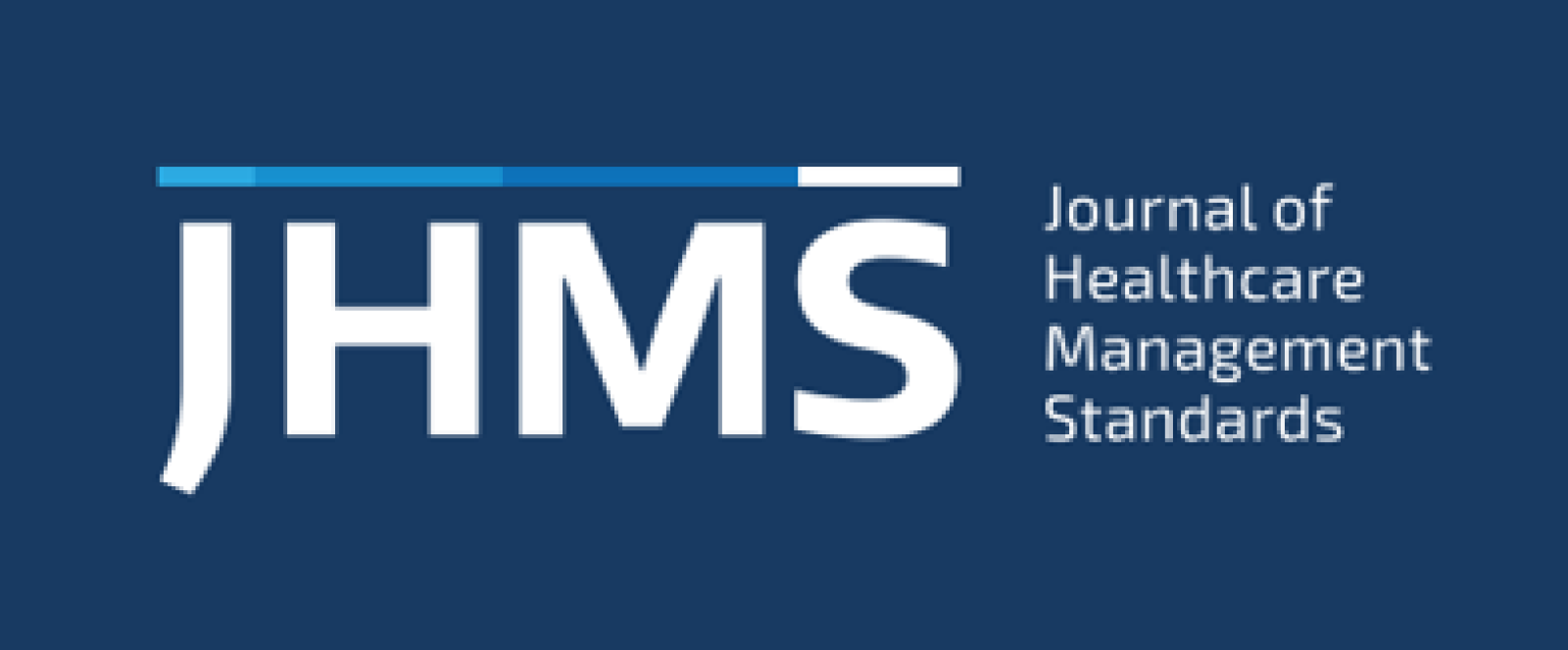CARe model gains traction to address medical harm

Massachusetts' leadership in building and refining a model for communication, apology and resolution (CARe) to help patients who experience medical harm — as well as the organizations that use CARe models — is chronicled in this month's Journal of Healthcare Management Standards.
CARe: Learning and Trends Over the Last Two Decades was written by the Betsy Lehman Center's Program Director for CARe and members of the Center's CARe advisory group.
“Massachusetts has been a leader in this space for many years, and we’ve learned a lot in that time,” says Melinda Van Niel, who leads the Center's efforts to broaden the adoption of CARe in health care settings across the state. “A key takeaway from efforts in this state is that the CARe approach can be used at any health care facility and scaled in a way that is lasting and sustainable.”
CARe is an alternative to costly, lengthy and emotionally difficult lawsuits. Each organization’s CARe program involves identifying adverse events, uncovering the root causes, and taking corrective actions to prevent the same thing from happening again. Simultaneously, the organization is proactive and empathetic in its communication with patients and families about the event and, when a preventable event harms the patient, the organization strives to offer fair compensation.
Van Niel notes that using CARe in a consistent, rigorous way within an institution is key to success. Research points to a number of advantages of communication and resolution models including improved patient safety, reduced costs, and enhanced fairness and transparency in health care. As the articles’ authors note, it is also simply about doing the right thing.
“Things will go wrong in medical care, and when they do, part of the job ... is to be there for the providers and for the patients,” the authors write. “Patients and their family members need to be treated with respect, empathy, and honesty when their world is changed by an unexpected turn of events during the course of their medical care.”
Previously led by the Massachusetts Alliance for Communication and Resolution following Medical Injury (MACRMI) until June 2022, the Betsy Lehman Center is expanding the adoption of CARe models as part of its effort to accelerate the pace of improvement in the safety of care and support patients, families and health care workers.